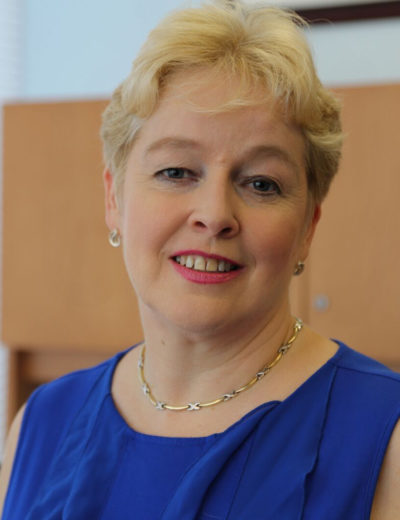
These projects were made possible from Cure Alzheimer's Fund support.
| Project Description | Researchers | Funding |
|---|---|---|
| Investigating MEF2C Transcription Factor as a Therapeutic Target to Reprogram Pathological Microglial States in Alzheimer’s Disease |
2023 $201,250 |
|
| Systems Integration and Therapeutics Translation in Alzheimer’s Disease |
2021, 2022 $345,000 |
These published papers resulted from Cure Alzheimer’s Fund support.
Tcw, J., Qian, L., Pipalia, N. H., Chao, M. J., Liang, S. A., Shi, Y., Jain, B. R., Bertelsen, S. E., Kapoor, M., Marcora, E., Sikora, E., Andrews, E. J., Martini, A. C., Karch, C. M., Head, E., Holtzman, D. M., Zhang, B., Wang, M., Maxfield, F. R., Poon, W. W., & Goate, A. M. Cholesterol and matrisome pathways dysregulated in astrocytes and microglia, Cell, June 23, 2022, Read More
Whitson, H. E., Colton, C., El Khoury, J., Gate, D., Goate, A., Heneka, M. T., Kaddurah-Daouk, R., Klein, R. S., Shinohara, M. L., Sisodia, S., Spudich, S. S., Stevens, B., Tanzi, R., Ting, J. P., Garden, G., & Symposium Planning Committee members Infection and inflammation: New perspectives on Alzheimer’s disease, Brain, Behavior, & Immunity - Health, April 22, 2022, Read More
Martens, Y. A., Zhao, N., Liu, C. C., Kanekiyo, T., Yang, A. J., Goate, A. M., Holtzman, D. M., & Bu, G. ApoE Cascade Hypothesis in the pathogenesis of Alzheimer’s disease and related dementias, Neuron, March 16, 2022, Read More